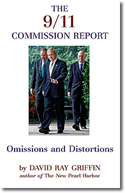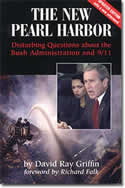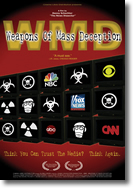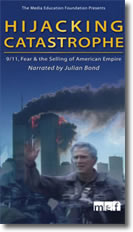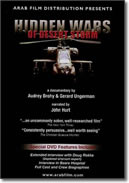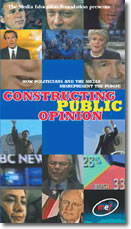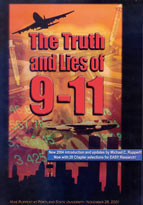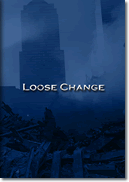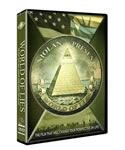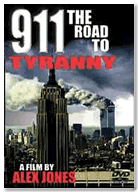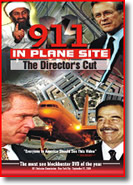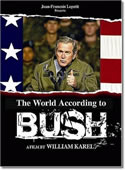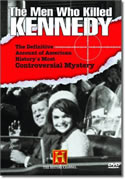 |
The 9/11 Commission Report: Omissions and Distortions
A Critique of the Kean-Zelikow Report
By David Ray Griffin
Click here to get this book!
With US political leaders Democrat and Republican alike rushing to embrace the recommendations of the 9/11 Commission, and an eager media receiving the Commissionís 567-page report as the whole story, the history we can stand upon forevermore, everyone who cares about the fate of American democracy will want to know something about what those pages actually say.
The Commissionís account, by popular reckoning, has made an impression with its heft, its footnotes, its portrayal of the confusion of that sobering day, its detail, its narrative finesse. Yet under the magnifying glass of David Ray Griffin, eminent theologian and author of The New Pearl Harbor (a book that explores questions that reporters, eyewitnesses, and political observers have raised about the 9/11 attacks), the report appears much shabbier. In fact, there are holes in the places where detail ought to be thickest: Is it possible that Secretary of Defense Rumsfeld has given three different stories of what he was doing the morning of September 11, and that the Commission combines two of them and ignores eyewitness reports to the contrary? Is it possible that the man in charge of the military that day, Acting Head of the Joint Chiefs of Staff Myers, saw the first tower hit on TV, and then went into a meeting, where he remained unaware of what was happening for the next 40 minutes? Is it possible, as the Commission reports, that the FAA did not inform military that the fourth airplane appeared to have been hijackedócontrary to both common sense and the word of FAA employees? Is it possible that the Report, upon which are based recommendations for overhauling the nationís intelligence, fails to mention even in a footnote the most serious allegations made public by Coleen Rowley, FBI whistleblower and Time person of the year?
David Ray Griffinís critique of the Kean-Zelikow report makes clear that our nationís highest leaders have told tales that wear extremely thin when held up to the light of other eyewitness reports, research, and the dictates of common senseóand that the Commission charged with the task of investigating all of the facts surrounding 9/11 has succeeded in obscuring, rather than unearthing, the truth.
David Ray Griffin is Professor of Philosophy of Religion and Theology, Emeritus, at the Claremont School of Theology (California) and the author of twenty-five books, most recently The New Pearl Harbor: Distrurbing Questions About the Bush Administration and 9/11 and Two Great Truths: A New Synthesis of Scientific Naturalism and Christian Faith.
The New Pearl Harbor
Disturbing Questions about the Bush Administration and 9/11
Click here to get this book!
From a skeptical vantage-point, but also taking to heart the classic idea that those who benefit from a crime ought to at least be investigated, Griffin, an eminent philosopher and theologian, brings together an account of the national tragedy that is far more logical than the one we've been asked to believe. Gathering stories from the mainstream press, reports from other countries, the work of other researchers, and the contradictory words of members of the Bush administration themselves, Griffin presents a case that leaves very little doubt that the attacks of 9/11 need to be further investigated.
The disturbing questions emerge from every part of the story, from every angle, until it is impossible not to seriously doubt the official story, and suspect its architects of enormous deception. Long a teacher of ethics and systematic theology, Griffin writes with compelling and passionate logic, urging readers to draw their own conclusions from the evidence outlined. The New Pearl Harbor rings with the conviction that it is possible, even today, to search for the truth; it is a stirring call that we demand a real investigation into what happened on 9/11.
![]()
|

